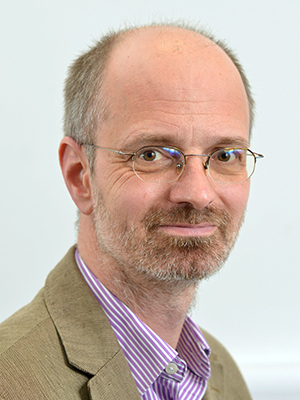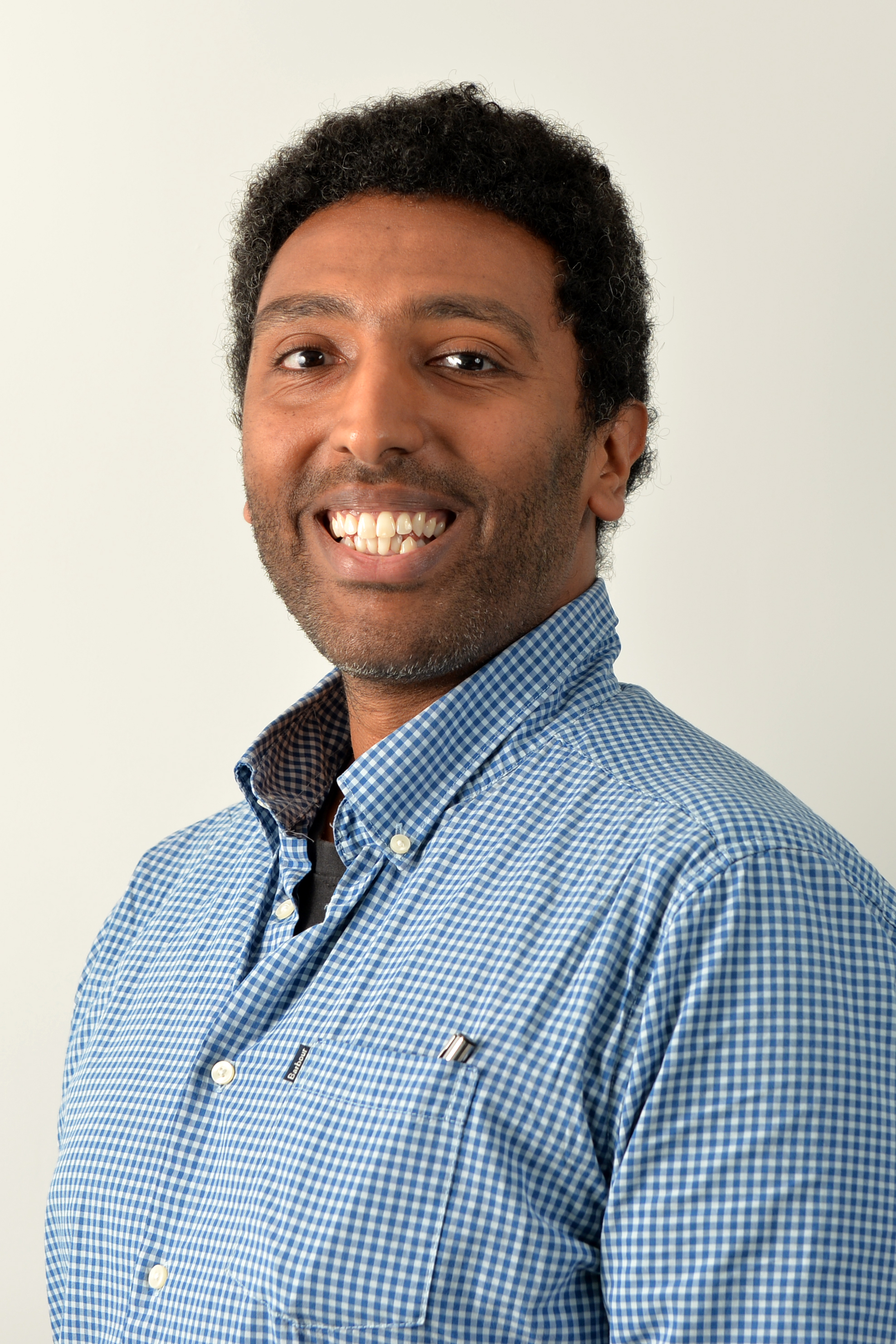Learn From Our Experts
Studying at the School of Biological and Behavioural Sciences, you will be taught by internationally recognised academics.

As a theoretical ecologist, Dr Axel Rossberg is interested in structure and dynamics of food-webs, biodiversity, the relationships between them, and what all this means for the protection and sustainable use of living nature. In a monograph on Food Webs and Biodiversity: Foundations, Models, Data he sketched a theory integrating the main underlying ecological mechanisms. It is well-supported for aquatic systems. The proposed cause-effect network reveals dependencies between food-web structure, competition, species richness, invasions, body size, ecological niches, abundances, stability, and predictability. His current research interests relate to:
- remaining weaker elements of the theory, such as mechanisms determining dietary diversity, competition among primary producers, or the dynamics of size spectra,
- underlying mathematical questions, e.g. the eigenvalues of competition matrices,
- extension of the theory to a spatially explicit formulation and
- its applications in advice to policy and management.

Lecturer in Computational Physiology/Biomedicine, Dr Mohamed Elbadawi is the module lead for ‘AI and Data Analytics in Physiology and Biomedicine’. Dr Elbadawi’s research centres on the use of digital technologies to advance healthcare, including machine learning, robotics and 3D printing.
He has been named on the ‘Stanford Top 2% Scientist’ for two consecutive years (2022, 2023). He undertook a PhD titled, 'An Innovative Machine Learning Pipeline For Accelerating the Translation of Medicinal Hemp' .
Lecturer in Computational Ecology, Dr Ian McFadden teaches on the 'AI and data analytics in ecology and evolution module' and leads 'Missing data' group project.
 Professor Stephen Rossiter is Head of the Biology Department and teaches on the Ecology and Evolutionary Genomics course as part of the Borneo field course module. He is an award-winning, world-renowned expert in Organismal Biology and his lab is involved with collaborative studies in Indonesia, Malaysia, Taiwan and China. His research mainly focuses on bats, which number over 1,100 species and he is especially interested in how populations diverge.
Professor Stephen Rossiter is Head of the Biology Department and teaches on the Ecology and Evolutionary Genomics course as part of the Borneo field course module. He is an award-winning, world-renowned expert in Organismal Biology and his lab is involved with collaborative studies in Indonesia, Malaysia, Taiwan and China. His research mainly focuses on bats, which number over 1,100 species and he is especially interested in how populations diverge.
Previous high-profile research from him has found genes to save ash trees from deadly beetle, the Emerald Ash Borer and uncovered a striking similarity in the DNA that enables some bats and dolphins to echolocate. As part of the latter study, he showed a key gene that gives their ears the ability to detect high-frequency sound has produced the same amino acid changes over time in both creatures. It is first time that identical genetics has been shown to underpin the evolution of similar characteristics in very different organisms and suggests the gene must be critical for the animals' echolocation.